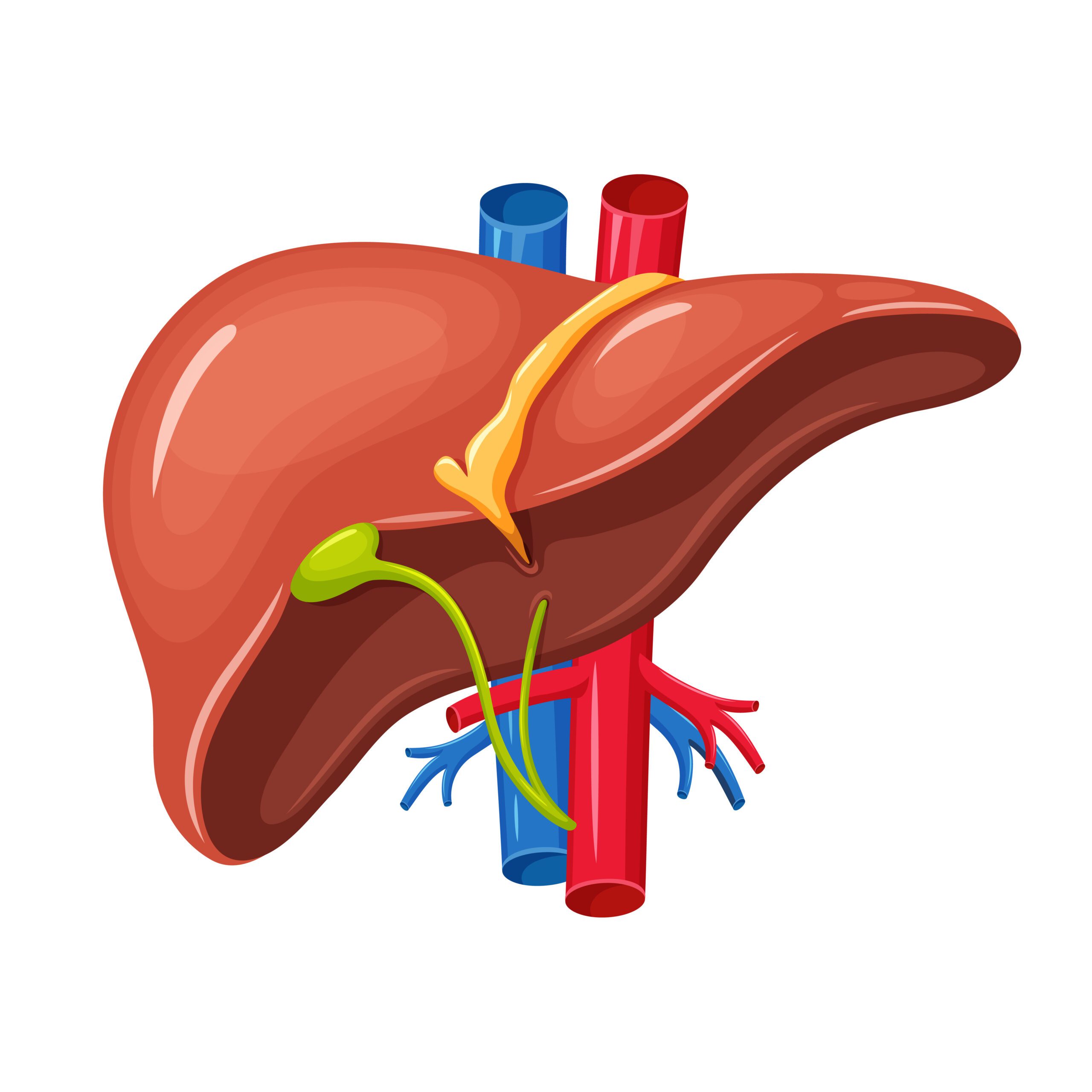Probiotics May Help Fight Liver Disease
May 6, 2017
 813
813 
A leading cause of death is liver disease, and often a major contributor to developing liver disease is alcoholism or heavy drinking. Unfortunately, the standard form of treatment for liver disease isn’t as effective if your liver is too far deteriorated or damaged. Recent research, however, is showing promise in the use of probiotics to fight impending liver disease. Here’s what the latest scientific study shows . . .
The Liver: Moderate vs. Heavy Alcohol Consumption
In smaller amounts of alcohol consumption, your body can naturally fight against liver damaging bacteria by producing bacteria on its own to eradicate anything that doesn’t belong there (much like how white blood cells with fight off a virus that’s loose in your system). Excessive drinking, however, produces far more “bad” bacteria than your body can handle, resulting in liver damage.
Probiotics and the Liver
Doctors in Russia at the Medical University Northern State along with doctors of the Louisville University of School of Medicine recently performed an experiment to see what (if any) effects probiotics (dietary supplements and live microorganisms containing potentially beneficial bacteria or yeasts) would have on heavy drinkers. Their findings were published in the journal Alcohol in the December 2008 issue.
The Study
Sixty-six different adult Russian men with known alcoholic psychosis and abuse, and 24 healthy non-drinking men, were enrolled into the experiment. The men were chosen at random to receive five different days of consecutive treatment with the Bifidobacterium bifidum (one of the major bacteria found in gut flora which resides in the colon) and also with Lactobacillus plantarum (a lactic acid which breaks down and inhibits harmful bacterium). Some were also given the standard alcohol-induced liver therapy. After each form of treatment, stool samples and liver enzymes were collected and tested.
In the group which received the standard form of treatment, the alcoholic patients showed signs that they indeed did have a variety of alcohol-induced injuries to the liver. Compared to the set of healthy controls, such signs included lowered bifidobacteria and lactobacilli cells and raised problematic liver enzymes like aspartate aminotransferase (AST) alanine aminotransferase (ALT), along with gamma glutamyl transpeptidase (GGT).
For those alcohol drinkers who were then treated for 5 days with a probiotic bacteria, they had an increase in both the numbers bifidobacteria and also the lactobacilli which appeared in their stools. They also showed either treated or completely ended , aspartate aminotransferase (AST) gamma-glutamyl transpeptidase (GGT and alanine aminotransferase (ALT) in their system.
After only five days of receiving the probiotics as treatment, the heavy drinking subjects had improved function in their liver along with an increased number of various beneficial gut bacteria. The subjects given the other therapy did not have these improvements.
The Future of Probiotics and Liver Disease
This evidence could lead to new forms of treatment against liver disease in the future, and may even lead to the development of “chasers” for people to take when they drink to cause less damage to their systems. More research on the matter is needed, especially to perfect such a treatment. But now that the groundwork has been laid, results should be expected to follow within the next few years.
This of course does not (or at least should not) advocate excessive drinking. The more alcohol consumed, the harder your liver needs to work to eradicate the “bad” bacteria, making it weaker and more prone to disease. As with any substance-related ailment, the best course of action to stay healthy is to moderate your use and never abuse.

A new study suggests that a widely used sugar substitute found in diet sodas, chewing gum, and low-sugar yogurt may elevate insulin levels. This could increase the long-term risk of heart disease. “Artificial sweeteners have infiltrated nearly all types of food, making it crucial to understand their long-term health effects,” said Yihai Cao, senior author […]

Diet Coke has long been a fan-favorite among soda lovers who want a fizzy, guilt-free alternative to traditional soft drinks. While its zero-calorie, zero-sugar label makes it seem like a healthier option, the reality is far more concerning. Despite its undeniable popularity, Diet Coke’s nutritional profile has raised red flags among health experts for years. […]

New study shows that embracing an anti-inflammatory, plant-forward diet can support cognitive function and help reduce the risk of dementia. What You Eat Shapes Your Brain The food you eat doesn’t just impact your body—it also affects your brain. Research suggests that eating an anti-inflammatory, plant-based diet can help improve memory, focus, and overall brain […]